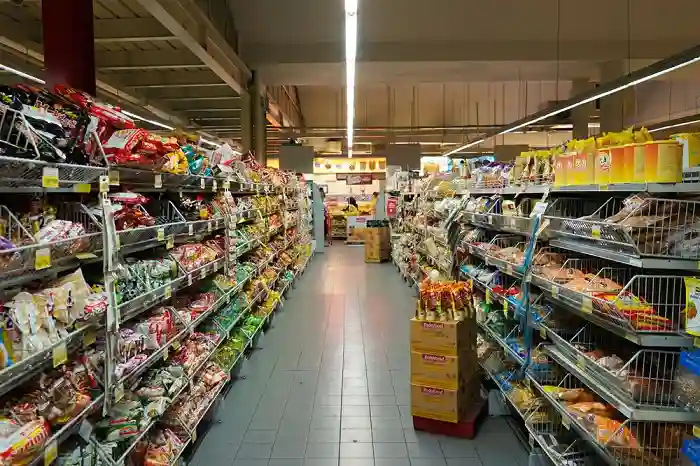Prices of commodities in Zimbabwe have surged during the festive season, adding to the burden faced by citizens already struggling to make ends meet. Basic goods such as mealie-meal, sugar, cooking oil, rice, and soap have experienced significant price hikes, even when sold in United States dollars. Retailers have increased the cost of a 2-litre bottle of cooking oil from US$3 to US$4.50, while a 2kg pack of rice now costs US$3.50, up from US$2 according to a snap survey conducted by NewsDay. Other items such as Mazoe Crush fruit drink and washing soap have also seen price increases. In addition to this, some schools have announced plans to raise fees by up to 100% in the coming year.
The government has stated that it will not impose price controls but instead engage in dialogue with businesses to understand the reasons behind these price hikes. Industry and Commerce Minister Sithembiso Nyoni clarified that the government’s role is not to control prices but to investigate the factors leading to these increases. She told NewsDay:
Government does not tame prices.
What we do is we discuss with the business and try to understand why they are hiking prices.
So, I will set up an office to look into that and then we will take the necessary dialogue steps to look into that.
Retailers, however, have warned that further price hikes may be on the horizon.
Price increases during the festive season are not unique to Zimbabwe. In many countries, including Zimbabwe, shop owners often take advantage of the increased shopping activity during this time to maximize their profits. The demand for goods and services tends to rise as people purchase items to celebrate and spend time with their families and friends.
However, what makes the current situation in Zimbabwe particularly challenging is the fact that these price increases are happening at a time when the majority of the population is already facing financial difficulties. The struggling economy, stagnant wages, and high unemployment rates have created a situation where many people are finding it increasingly difficult to make ends meet. The additional burden of inflated prices for essential commodities further exacerbates their financial strain.

